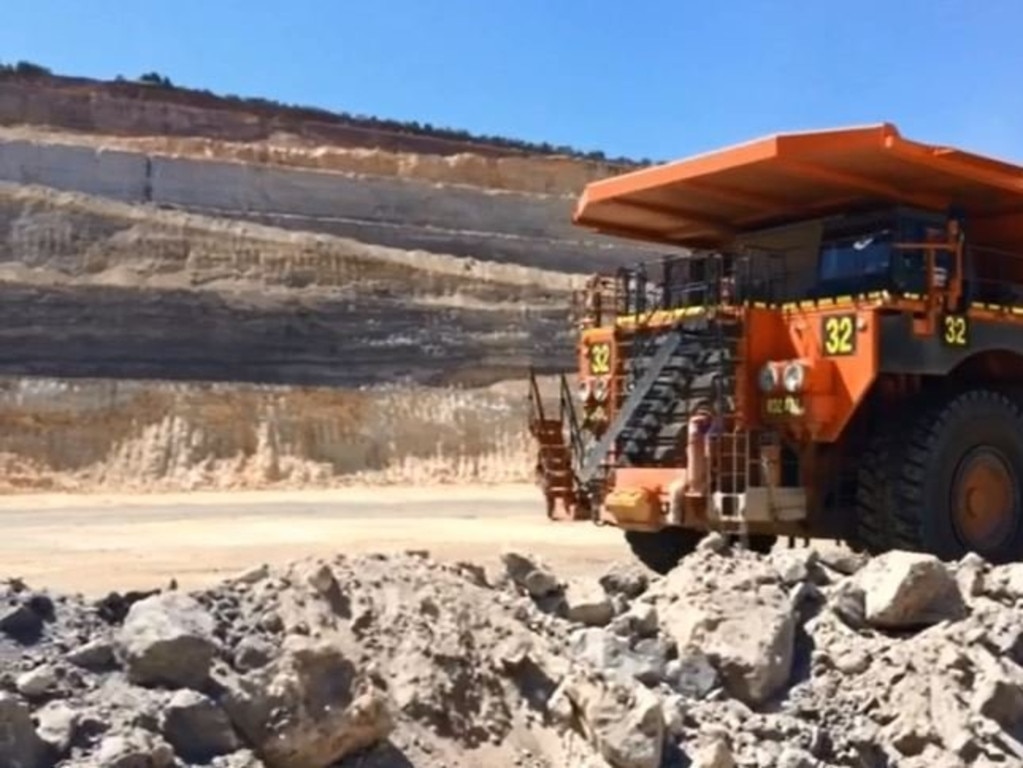Cyrus would have paid Virgin bond holders up to $500m: sources


Cyrus Capital Partners is understood to have put forward a proposal for Virgin Australia that would have allocated between $400m and $500m to unsecured bondholders , say sources.
It is understood that the proposed plan for bondholders involved a payment of about 14c in the dollar of cash, with staged cash payments based on the airline’s performance and the issue of notes involved, amounting to up to $500m.
However, exactly what bondholders will receive under the winning Bain Capital proposal still remains unclear.
Virgin’s unsecured bond holders were owed about $2bn when Virgin Australia collapsed in April, with debts of up to $7bn.
Bain fended off competition from Cyrus Capital Partners last week to buy Virgin Australia, with Bain announced as the preferred bidder on Friday.
The group of bond holders has grown nervous about receiving little back on their investment and have threatened to vote down the winning bid for the airline if they are unsatisfied with the outcome.
Before Bain was named the preferred bidder, the bondholders, represented by Faraday Partners, also lobbed their own bid for the airline.
Sources close to the process say that Bain and Cyrus offered very similar proposals, but that Bain had been submitting the strongest offers throughout the competition to buy the airline, which was up for sale through Deloitte, Houlihan Lokey and Morgan Stanley.
It is understood that voluntary administrator Vaughan Strawbridge of Deloitte had told the bidders in the later stages of the contest that they needed to include an upfront payment of about $750m in their proposals.
Final offers were submitted by Bain and Cyrus when they were due last Monday.
An online conference that lasted for about 1.5 hours was held separately between the voluntary administrator and each suitor on Tuesday.
It is understood that on Wednesday, Cyrus was asked to sweeten its offer, which was what occurred the following day.
From that point, it is understood that there was limited communication between the administrator and Cyrus, which withdrew from the competition Friday morning.
Full service plan
The plan by Cyrus was to run a near full-service airline for Virgin Australia under the leadership of the current boss Paul Scurrah, which would include passenger lounges, although perhaps not a VIP members club.
There would be 83 Boeing aircraft that would immediately be included as part of the operations, with the capacity to reinstate more further down the track when restrictions on international travel were relaxed.
Boston-based Bain, which was advised by former Jetstar boss Jayne Hrdlicka, had earlier signalled about 50 planes would be reinstated but it is understood that this number has since increased.
It has been estimated that Virgin’s frequent flyer program Velocity would have been worth between $400m and $1.5bn, depending on the scale of Virgin Australia.
Macquarie Group advised Cyrus on Virgin’s aircraft, along with McGrath Nicol and law firm Jones Day, but it is understood that Macquarie did not wind up as one of the financiers for Cyrus Capital Partners approach.
Cyrus, which is said to have had about $US4bn of funds under management, runs an open ended ever green investment fund, rather than a traditional closed-end private equity fund.
The New York-based hedge fund founded by Stephen Freidheim, counts major institutions and foundations among its major investors such as Yale and Stanford universities and mega net worth families based out of Europe and the United States.
It is said to have the capacity to draw funds from its participants.
It is understood that the plan for Cyrus for its bid, should it have been successful, was to bring forward the date of the meeting for creditors to vote on its recapitalisation, with some questioning whether Bain could be taking the same approach.
However, it is not thought to have planned to have structured its offer in the same way as the Bain Capital proposal, where if creditors vote down the Deed of Company Arrangement at the meeting next month, the private equity firm is then still able to retain ownership of Virign Australia by buying the assets out of the structure.
While Bain is said to be offering $450m for those with travel credits, sources say that Cyrus was not treating this component of a deal as part of its cash offer, saying they were more offering to honour those commitments.
Transferring current employee entitlements would only cost $132m, where as $450m would only need to be paid if the owners of Virgin Australia was to let go of all of its 9000 employees, say sources.
Cyrus, which has had longstanding links with Richard Branson and the Virgin Group, has been in discussions with Virgin Australia’s management over the past two years after former Virgin America chief executive Jonathan Peachey joined Cyrus as an adviser in 2017.
But it only emerged in public recently when it was announced as a surprise finalist, alongside Bain.
It was a co-investor with Sir Richard in the establishment of Virgin America.
Cyrus was seen as the bidder most favoured by Virgin’s unions, while Bain was always seen as the bidder prepared to offer the most money for the airline, which went into administration on April 21 with debts of $7bn.







To join the conversation, please log in. Don't have an account? Register
Join the conversation, you are commenting as Logout